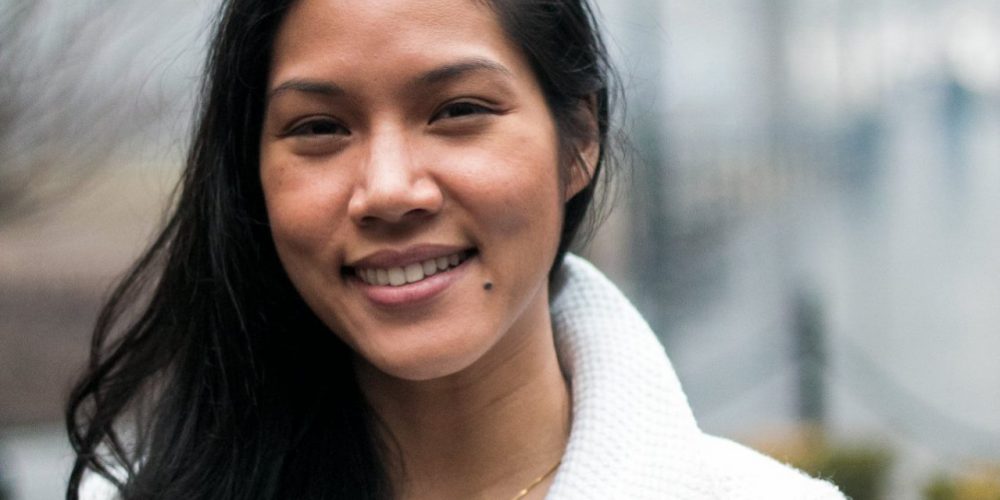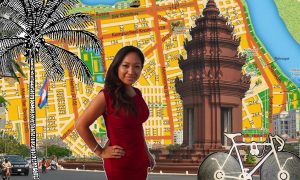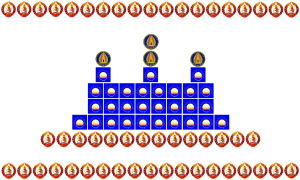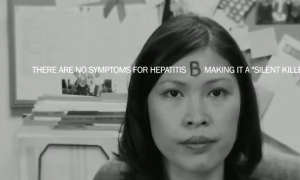Brooklyn-based Cambodian poet Monica Sok recently spoke to Khmerican about her forthcoming chapbook, “Year Zero.” Originally from Lancaster, Pennsylvania, Sok holds a BA in international studies from American University and a MFA degree from New York University.
KHMERICAN: Why should Cambodian Americans read your forthcoming poetry book, Year Zero?
MONICA SOK: Year Zero engages with intergenerational trauma and the familial silence surrounding the history of the genocide. It’s about feeling isolated as a Cambodian American in the United States and navigating one’s identity, history, and trauma. I draw from my own experiences, having grown up not in Lowell or Long Beach where Cambodian communities are thriving—but in Lancaster, Pennsylvania. I hope Cambodian Americans read this book to continue the ongoing conversation about our shared history and how it has shaped our experience(s). I also hope my book complicates these discussions, offering a different insight into what it means to be Cambodian American. Year Zero is for anyone interested in processing the history of the killing fields and how it has shaped our lives as children of survivors.
I wrote this book because growing up, I wasn’t learning about Cambodia in history class or reading about it in textbooks. Toni Morrison says, “If there’s a book that you want to read, but it hasn’t been written yet, then you must write it.” Year Zero is my response to that. I also want to pass down Toni Morrison’s words to Cambodian American youths. I’m encouraging you all to write the book that hasn’t been written yet.
KHMERICAN: How can your book heal Cambodians?
MONICA SOK: I’m not sure if my book has the power to heal anybody, but writing it has been healing for me. Throughout my life, I have felt isolated as a Cambodian American, and I know that there are others who share the same experiences—whether they have felt out of place in a predominantly white high school or grew up in a small town where there were only two or three other Cambodian families, etc. Writing has helped me make my experience visible to those who treat it as invisible. Year Zero is my way of simply saying to other Cambodian Americans: I see you. Your story is important. You are important.
Part of this book also struggles to process the history of the killing fields as a personal and public history. A Cambodian might read my poems and say, But why do we need another story about the Khmer Rouge? That’s been done before. I’m aware of this. Every Cambodian story is about that. So often the mainstream Cambodian narrative falls to victimhood or recollects the trauma of the killing fields. But like every Cambodian, I can’t escape the history I have inherited. It will always be a part of my poetry somehow, as the soft music playing on the back porch or the actual room I make my readers stand in. My hope is that Cambodian Americans will see themselves in these pages and will begin to write their own stories to heal.


















